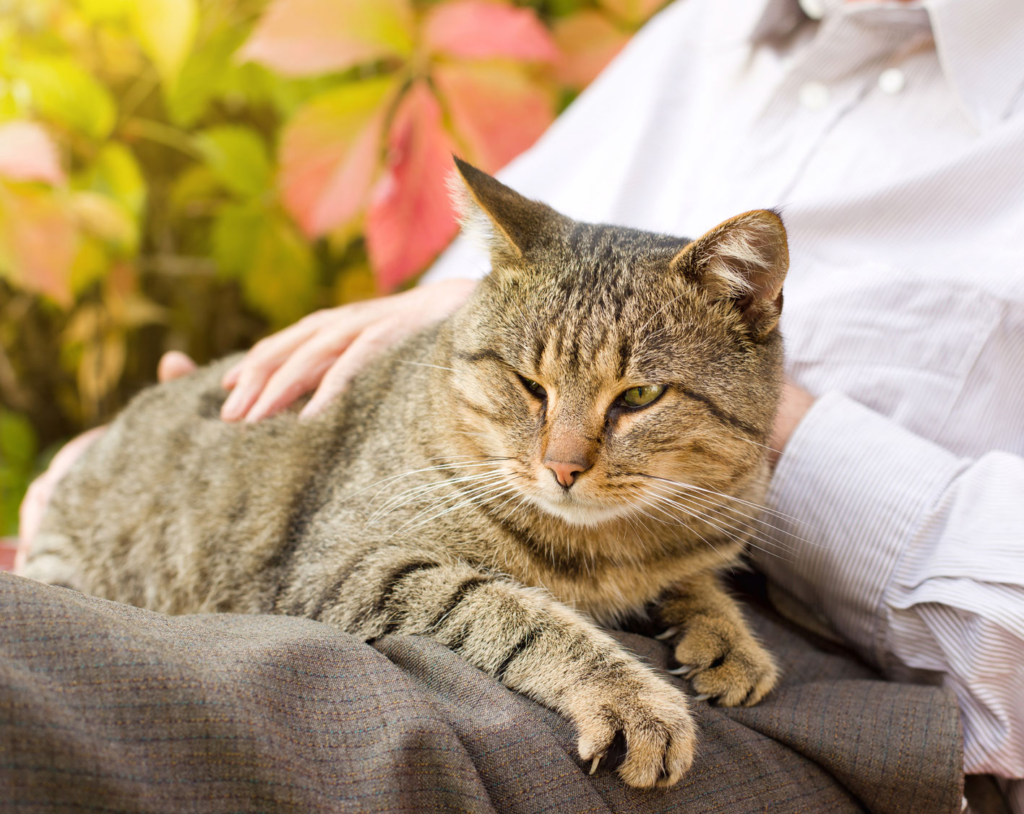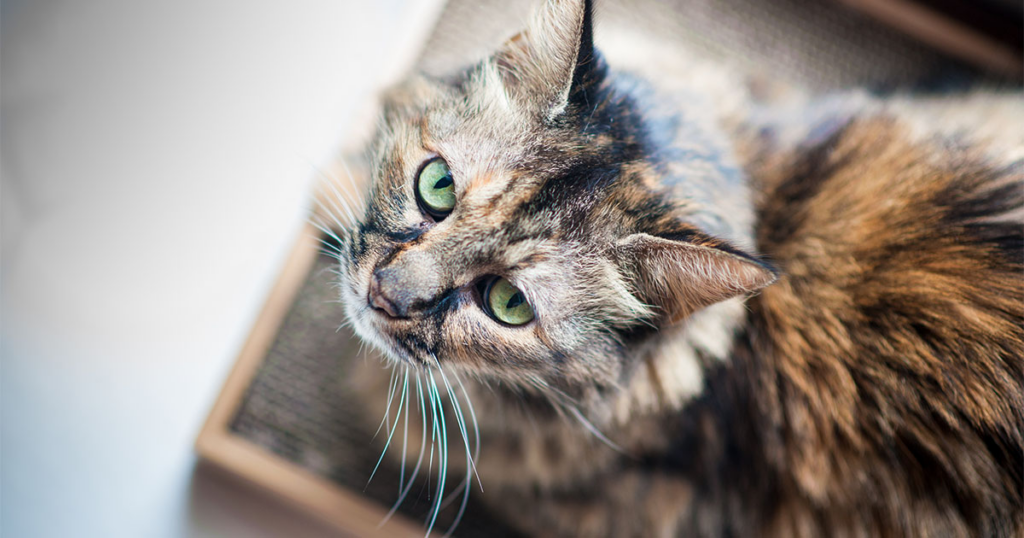The laughter, the sobbing, the friendship, your elderly cat and you have experienced a lot together. Even though we cherish having pets in our lives, it’s simple to take them for granted. On the other hand, your senior cat loves everything you’ve ever done.
Because cats are stoic animals, they frequently don’t exhibit signs of suffering until the illness has advanced quite a little. As cats age, they may develop conditions like arthritis and uncomfortable teeth; of course, you want to take steps to prevent these problems for your furry friends. As a responsible cat owner, you should watch out for any behavioural changes in your cat as they age and notify your veterinarian as soon as possible. Let’s go over some of the other things you can do to support your senior cat below.

Nutritional Care for Your Cat as It Gets Older
There are several senior feeds available on the market, however, the majority of vets will advise you that you don’t have to switch to these products when your cat is thought of as senior. Instead, consider this: How healthy are they? What does their way of life entail? We may decide to alter your cat’s diet to include a food appropriate for certain ailments if they exhibit early signs of diabetes or kidney damage. Or, if our cat is having more difficulty grooming itself, we might switch to a hairball diet to help with that issue.
Warning Signs Your Older Cat Is Slowing Down
Once again, cats age in different ways. Like the rest of us, some cats are very active while others are complete couch potatoes. As a result, pet parents must keep a close eye on how their cats behave daily because abrupt changes in how they interact with us may be a sign of something more sinister. For instance, if a cat that generally resides on your lap starts spending more time alone, that may be a clue that something is wrong. Kittens who venture outside might not wish to do so as frequently. You could see cats hesitate before jumping onto a table or counter to explore things to inspect or engage in other cat antics. Don’t merely attribute these cat behaviours to ageing. As your cat ages, let your veterinarian know if you see any behavioural changes or anything else that worries you. Your cat’s lifespan can be extended by identifying the root of the issue and potentially addressing it before it becomes worse.

Age-Related: Health Problems and Complications in Cats
Beyond arthritis and mobility problems, renal illness is the most frequent problem we encounter. Although kidney illness can manifest at any age, it usually manifests in the senior years of the cat. Weight loss, nausea, or modifications in urine production are common signs of kidney disease. You might notice your cat drinking and urinating more frequently. However, the thyroid gland may potentially have problems. When it is overactive, symptoms include a highly voracious hunger, sporadic hyperactivity, and perhaps vomiting and weight loss.
As cat ages, its body will typically undergo the following changes:
- Changes to the sleep-wake cycle
- Thyroid function changes
- Kidney function decline
- Vision changes
- A diminished sense of smell
- Ingrown or brittle nails
- Cardiovascular or circulatory issues
- Reduced capacity for digestion and nutrition absorption
- Decreased capacity to deal with stress
- Alterations in behaviour
- Alterations in mobility or arthritis
Although arthritis is a prevalent issue with any elderly pet, those are the health issues doctors watch out for most frequently in senior cats. Cats with arthritis may have problems moving about, jumping, and moving around in general. Even your elderly cat’s litter box and grooming issues may become apparent.
Preventive Care Can Increase Life Expectancy and Quality of Life.
There are many things you can do at home to keep your cat healthy, so preventative care is a multifaceted strategy that involves both the veterinarian and the pet owner. You can make adjustments in your home to make sure they don’t have to exert themselves excessively to access their food and drink or their litter box. It could be time to make those modifications if your cat is starting to have trouble moving around and your litter box is up high or on another floor. Similar rules apply to food: if they usually eat at a counter, you’ll either need to help them up or think about serving them food on the floor.
Maintaining older cats’ physical and mental stimulation is another issue that many cat owners don’t give enough thought to. We still need to keep their minds engaged; therefore, exercise and enrichment are important. The more we use it, the less we lose it, just as in individuals. To keep your cat mentally and physically fit, you can purchase cat puzzles and use interactive cat toys. You can choose from a variety of cat toys from Pawsindia. They will keep their mind diverted and busy while keeping them active and healthy.

The Most Important Lesson in Looking After an Older Cat
The most crucial thing to keep in mind is that you are their best ally and are the one who knows them the best. Because cats are such secretive animals, it can often be difficult to diagnose them. The better you get to know them as their pet parent, the easier it will be for you to spot problems. Although veterinarians try their best to get to know your cats when they visit you, having a thorough understanding of your cat’s personality and typical habits can help. We would like to observe any changes you have noticed in their relationships, routines, appetites, or toileting habits.



